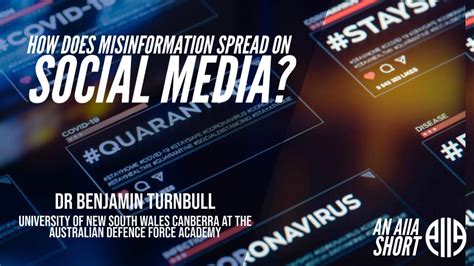The recent study on the effects of deactivating Facebook for a few weeks has revealed interesting insights into the impact of social media on beliefs in misinformation. Participants who deactivated Facebook showed reduced susceptibility to fake news, highlighting the importance of controlling exposure to online content. The experiment also raised questions about the role of social platforms in influencing personal beliefs and emotional well-being.
One of the key findings from the comments is the trend of users abandoning popular social media platforms like Facebook and turning to alternatives like HN for more meaningful conversations. The shift away from traditional social media towards community-driven platforms is indicative of a growing disillusionment with the information landscape on mainstream sites. It underscores the need for transparency and community moderation to combat misinformation.
The discussion around AI-generated content and the proliferation of fake news highlights the challenges of content moderation and algorithmic bias on social media platforms. Users expressed concerns about the prevalence of misinformation and the role of tech companies in curating online content. The debate underscores the need for user empowerment and greater accountability in digital information dissemination.
The comments also touch upon the evolving landscape of online news consumption and the impact of social media algorithms on public perception. Users shared experiences of information overload, ad saturation, and the decline of genuine social interactions on mainstream platforms. The growing skepticism towards online content reflects a broader shift towards critical thinking and digital well-being.
The intersection of politics, media, and technology in shaping public opinion is a central theme in the comments. Users highlighted the influence of social media on political discourse, echo chambers, and the spread of propaganda. The role of social platforms in amplifying certain narratives and manipulating user behavior underscores the need for ethical guidelines and regulatory scrutiny.
The experiment’s focus on the psychological effects of deactivating Facebook raises important questions about online engagement and mental health. Participants reported reduced stress, anxiety, and exposure to misleading content after deactivation, suggesting a correlation between social media use and emotional well-being. The findings emphasize the need for digital detoxes and responsible online practices for safeguarding mental health.
Overall, the insights from the user comments highlight the complex relationship between social media, misinformation, and personal beliefs. The experiment underscores the importance of critical thinking, community-driven discussions, and ethical tech practices in navigating the digital information landscape. As users continue to seek alternatives and demand transparency from tech companies, the debate around fake news and online regulation is likely to intensify in the evolving digital ecosystem.


Leave a Reply